
At 15 years, it’s fun to reflect on the Land Portal’s beginnings. Someone recently asked me if there was a time when I thought the Land Portal wouldn’t make it, and I could instantly recall those moments. There were times when I flew from Rome to Berlin or Rotterdam, including with my infant son to meet our first potential donor, only to hear that we weren’t successful. Or before, when the Land Portal was a small project under the joint oversight of the International Land Coalition and landtenure.info consortium. Despite the great initial support they provided in bringing the Land Portal to life, none of us was completely sure if it could fulfill its potential without becoming an independent, neutral organization with its own funding. There were more recent times too. During the COVID-19 pandemic, we fought to keep our operations going as uncertainty changed everything around us.

In the beginning
Back in 2009, when I joined a meeting of the International Land Coalition, the Land Portal was on the agenda, and they were looking for people to be part of the steering committee in order to give shape to the future of the Land Portal. One of my two focus areas in research is land and property in general. The other focal is family law, by the way. I was interested in doing something internationally, and I wanted to explore the possibilities regarding research related land on an international level. I joined the committee together with the representatives of other organizations. From that moment on, I got interested in the work of the Land Portal, I got to know how it functions, and past initiatives on land information and data.

We appreciated all of the people who took the time to leave comments, write emails, and take the poll. We heard you, and based on what we heard, we won’t be making any wholesale changes right now in how we refer to countries and regions that have historically been left out of economic and industrialized development. We are particularly sensitive to the idea that the term Majority World could, as Rafael wrote, “perpetuate a notion that could undermine the importance of minority groups. It appears to replicate the very idea that the worth or relevance of a group is tied to its size, which is a concept many of us are striving to move away from, especially those of us engaged in addressing the vulnerabilities of minority populations.”
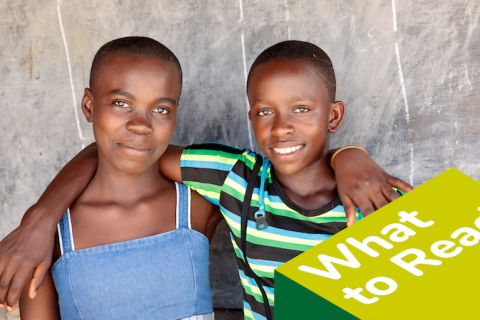
How will the next generations be able to access land to support their livelihoods and what ideas they bring to make agriculture and other land-based activities more sustainable?
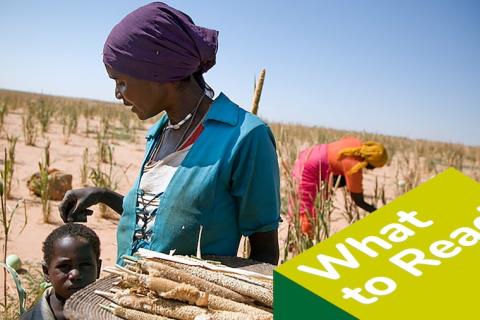
In honor of International Women’s Day, this What to Read Digest offers a selection of some of the must-read publications for anyone wishing to understand the link between land, food security and women.
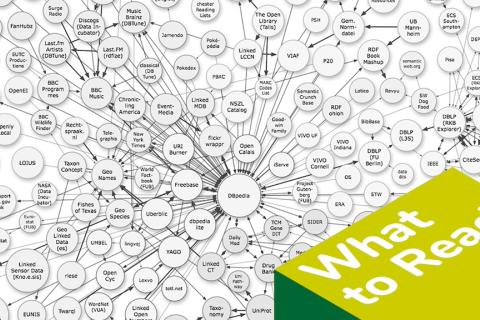
A selection and review of readings that shed light on the role that open land data can play in equitable and sustainable development, and social justice.
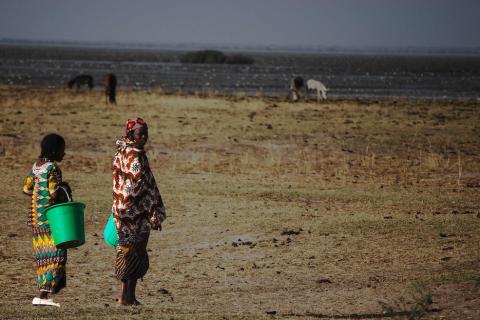
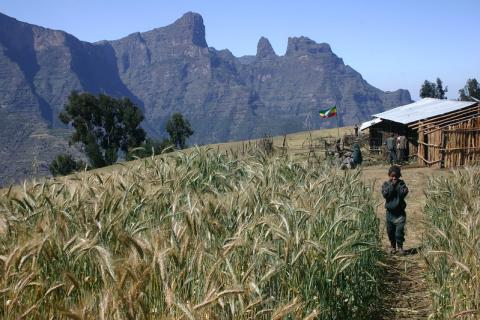
Has land formalization - as a type of land reform - delivered on the promises of improving tenure security, agricultural productivity and women's land access? Learn more in this data story.

In this interview, Prof. Felix Ngana talks about the creation of the Training and Research Unit (UFR) on Land Governance and Local Development (GFDL) at the University of Bangui in the Central African Republic (CAR). Following the establishment of a Bachelor's degree program, plans to extend this training to the Master's and PhD levels are already underway. These efforts are timely, as the country has embarked on a decentralization process to elect mayors and governors to head municipal and regional councils, respectively.

This data story reflects on the complexities of measuring the impact of land governance projects and summarize some of the best practices on impact evaluation from the well-known guidelines on the topic.
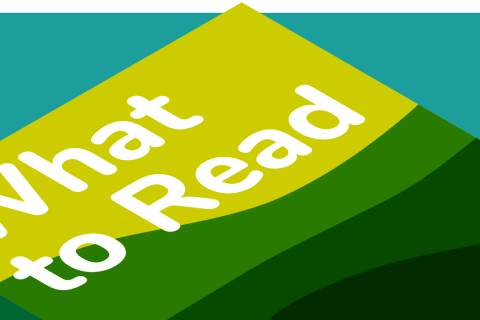
This blog post is part of the series What to Read. This issue has been developed in the frame of a project in collaboration with ANGOC, ALRD and funded by the Global Forum on Agricultural Research (GFAR).

